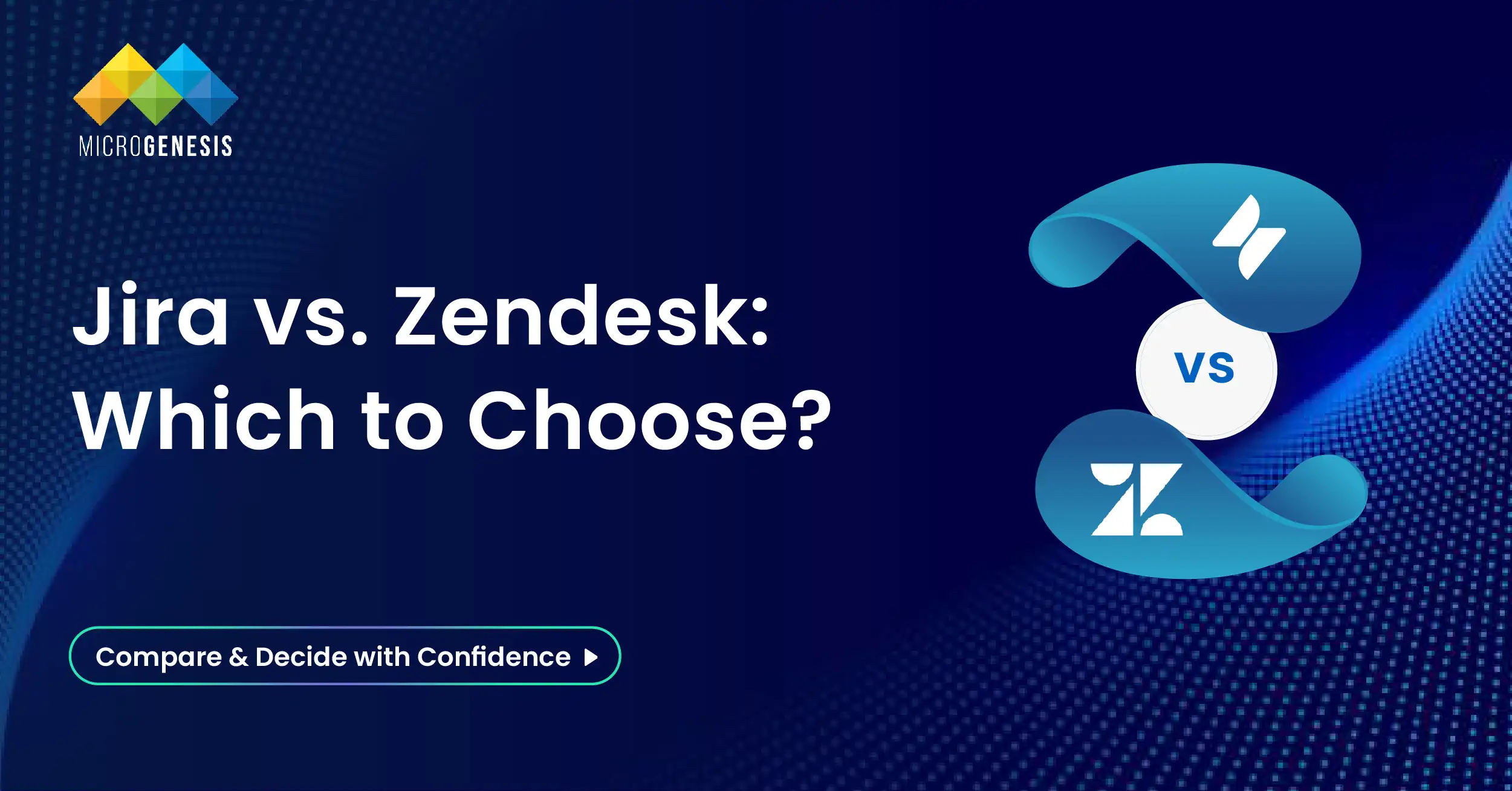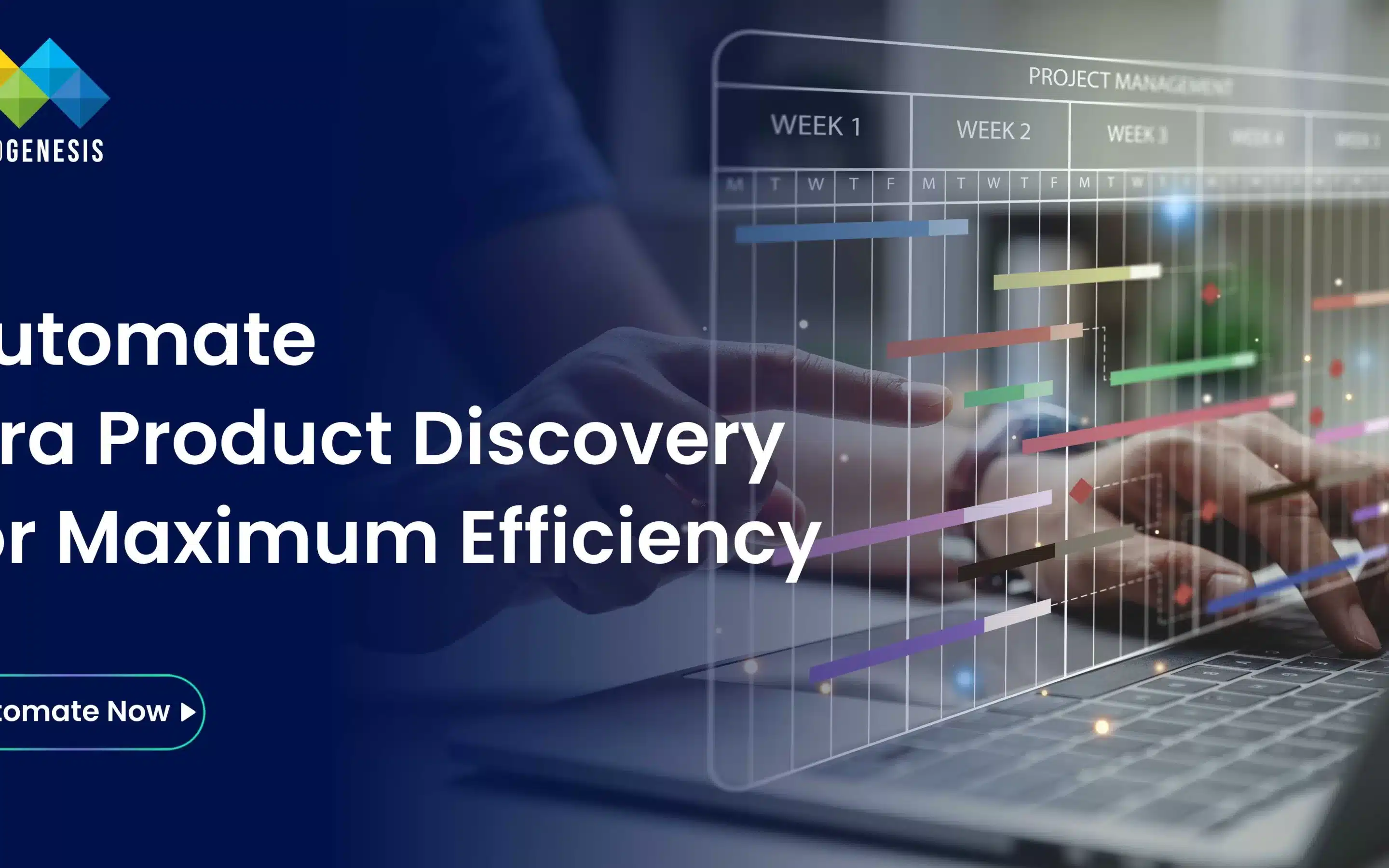Introduction
In the era of digital-first business, having the right service management solution can make or break the customer and employee experience. Two of the leading platforms in this space—Jira Service Management and Zendesk—offer powerful capabilities, but their strengths lie in different areas.
Whether you’re managing IT operations or supporting external customers, this blog will help you make an informed decision by comparing Jira Service Management and Zendesk across functionality, usability, integrations, use cases, and more.
1. Platform Overview
Jira Service Management
Jira Service Management (JSM), built by Atlassian, is designed to bring IT, development, and operations teams together. It offers robust IT Service Management (ITSM) capabilities such as incident, change, and problem management—following ITIL best practices. The platform is particularly valuable for teams already using Jira Software, Confluence, or Bitbucket, offering seamless integration across the development lifecycle.
Zendesk
Zendesk is a popular cloud-based help desk and customer service software platform. It’s tailored for customer-facing support teams and enables omnichannel engagement, including chat, email, phone, and social media. Zendesk is known for its ease of use, intuitive interface, and strong focus on customer satisfaction workflows.
2. Core Feature Comparison
| Feature | Jira Service Management | Zendesk |
| Ticketing System | Advanced, customizable workflows | Simple, user-friendly ticket interface |
| Incident Management | Built-in, ITIL-aligned capabilities | Available via configuration or third-party apps |
| Change Management | Native support with risk-based workflows | Limited; needs extensions |
| Problem Management | Deep root cause tracking and linking | Basic ticket grouping |
| Asset Management | Built-in in premium tiers | Only available through integrations |
| Knowledge Base | Integrates with Confluence for internal/external articles | Built-in help center with AI suggestions |
| Automation | Rule-based automations with SLAs and approvals | Advanced triggers, macros, and AI suggestions |
| Omnichannel Support | Email, web portal, integrations for chat/voice | Full omnichannel (chat, voice, social, email, SMS) |
| Customization | Highly configurable with workflows, fields, and permissions | Drag-and-drop customization with prebuilt apps |
| DevOps & Software Integration | Deep integration with Jira Software, Bitbucket, CI/CD tools | Not designed for DevOps workflows |
3. User Experience and Interface
Jira Service Management
JSM offers extensive capabilities, but its power comes with complexity. It’s best suited for technical users or organizations familiar with the Atlassian ecosystem. The interface is functional, focusing on flexibility and control. With a learning curve for new users, it’s ideal for teams that require deeper configuration for specific business processes.
Zendesk
Zendesk is known for its sleek, intuitive design and quick onboarding. It appeals to a broader audience, especially customer service agents and non-technical users. Its UI is optimized for handling high volumes of support interactions efficiently, making it a great fit for customer-facing environments.
4. Customization and Flexibility
Jira Service Management
Customization is one of JSM’s strongest features. Admins can create complex workflows, set SLAs, define multiple service request types, and manage role-based permissions. Whether you’re running a help desk, change control system, or release approval process, JSM offers granular control over how work flows through your team.
Zendesk
Zendesk prioritizes ease-of-use over complexity. While it provides significant customization via macros, triggers, and its marketplace apps, it lacks the deep process modeling features that JSM offers. It’s ideal for teams looking for plug-and-play configuration rather than building out structured IT processes.
5. Use Cases
Jira Service Management – Best For:
- IT Operations: Handle change requests, service outages, incidents, and problem tracking with ITIL alignment.
- DevOps & Software Teams: Link tickets with code commits, deployments, and development workflows via Jira Software.
- Internal Support: Manage HR, legal, and finance support requests with structured queues and internal SLAs.
- Compliance-Heavy Environments: Maintain audit trails and enforce structured change approvals.
Zendesk – Best For:
- Customer Support Centers: Manage customer service via phone, email, chat, and social media in one platform.
- Sales & Marketing Teams: Engage with customers and leads through seamless integrations with CRM tools.
- Small to Mid-Sized Businesses: Start quickly with minimal IT involvement and scale with app-based customizations.
- E-commerce & Retail: Handle returns, questions, and live chat with fast, friendly interfaces.
6. Collaboration and Knowledge Management
Jira Service Management
Through Confluence integration, JSM offers powerful internal and external knowledge base management. Teams can document runbooks, SOPs, and troubleshooting guides that link directly to service tickets, reducing resolution time and improving consistency.
Zendesk
Zendesk’s built-in help center is AI-enhanced, suggesting relevant articles to users and agents based on keywords. It’s ideal for companies building a customer-facing self-service model but is less customizable for internal technical documentation.
7. Integration Ecosystem
Jira Service Management
- Native integrations with Atlassian tools like Jira Software, Bitbucket, Opsgenie, and Confluence.
- Marketplace with hundreds of plugins for analytics, automation, DevOps tools, and cloud platforms.
- Ideal for Agile and DevOps toolchains requiring traceability across design, development, and deployment.
Zendesk
- Extensive app marketplace (Zendesk Marketplace) supporting integrations with Salesforce, Slack, Shopify, HubSpot, and more.
- Suited for companies with diverse customer engagement tools, including marketing and sales platforms.
8. Pros and Cons Summary
Jira Service Management
Pros:
- Deep ITSM and DevOps capabilities
- Strong security, auditability, and SLA controls
- Ideal for organizations with technical workflows or compliance needs
- Seamless integration with software development lifecycle tools
Cons:
- Steeper learning curve
- Less intuitive for non-technical users
- Requires configuration effort to unlock full potential
Zendesk
Pros:
- Fast to implement and easy to use
- Excellent for customer engagement and omnichannel support
- Strong automation and AI suggestions
- Ideal for non-technical teams and front-line support
Cons:
- Not built for complex IT workflows
- Customization limited for DevOps or engineering-focused use cases
- Advanced features may require add-ons or third-party apps
Read more: Recommended Tools for Jira Teams: Enhancing Collaboration, Development, and IT Operations
9. Final Thoughts
Choosing between Jira Service Management and Zendesk depends on your organization’s structure, goals, and team composition:
- If you’re managing internal IT services, DevOps workflows, or complex support processes—and especially if you already use other Atlassian products—Jira Service Management is the clear winner.
- If your focus is customer support, omnichannel communication, and fast, simple agent onboarding, Zendesk is an excellent fit.
Evaluate your current service needs, long-term scalability goals, and existing tech stack to make the right decision.
10. Why Choose MicroGenesis for Jira Implementation
MicroGenesis is a leading Atlassian Platinum Solution Partner with deep expertise in Jira Service Management consulting, implementation, and support.
We help organizations:
- Migrate from Zendesk or legacy systems to Jira
- Design and configure ITIL-compliant service workflows
- Integrate Jira with development, QA, and operations tools
- Set up internal service desks for HR, finance, and legal
- Optimize your Atlassian license strategy and support plan
From setup to scaling, MicroGenesis ensures your Jira Service Management deployment aligns with your business and compliance goals.
Ready to transform your service delivery?
Contact MicroGenesis today and let our Atlassian experts help you build a future-ready service management ecosystem.
Both Jira Service Management and Zendesk offer powerful solutions, but the right choice depends on your team’s needs—IT alignment and DevOps integration favor Jira, while Zendesk excels in customer support. As a trusted digital transformation consultant, MicroGenesis helps organizations evaluate, implement, and optimize the right service platform. Our expert Jira consulting services ensure smooth setup, automation, and integration, empowering your teams to deliver faster, smarter service.




